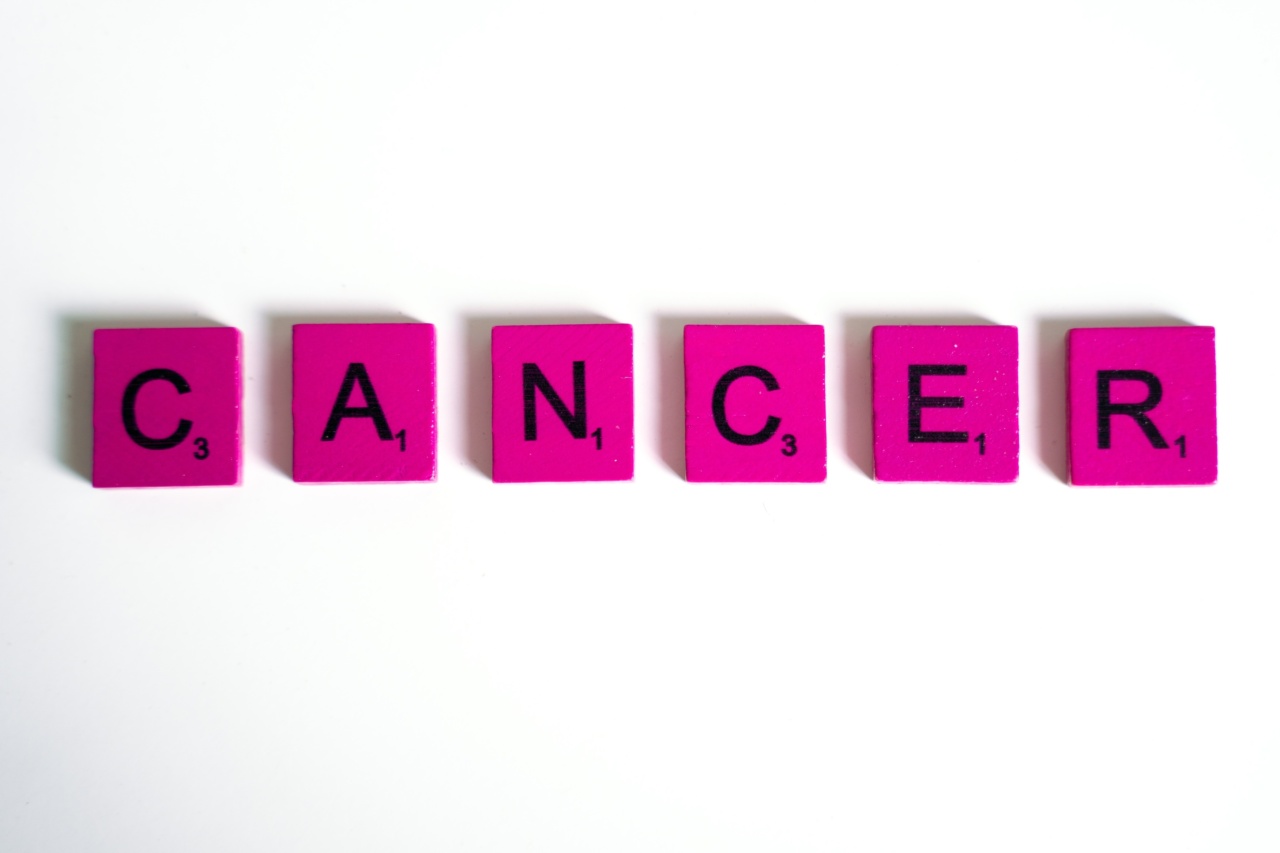Oral cancer is a serious and potentially deadly disease that affects thousands of people worldwide. However, the good news is that if diagnosed early, the chances of a successful treatment are significantly higher.
Knowing the early signs of oral cancer is critical. Thus, if you notice any unusual changes in your mouth or throat, do not ignore them. Here are ten early signs of oral cancer that you should watch out for:.
1. Persistent mouth sores
Mouth sores usually heal within 2-3 weeks. However, if you notice that a sore is still present after this period, it is a warning sign that something more serious may be happening.
In some cases, you may not feel any pain, but the sore may gradually become more extensive or develop in other areas of your mouth.
2. Unusual lump or patch
If you notice an unusual lump or patch in your mouth or throat, you should go for a check-up because it might be an early sign of oral cancer. The lump or patch may be white or red, or have a mix of both colors.
Similarly, it may have a raised or flat texture on your tongue, lips, or other oral tissues.
3. Pain or trouble swallowing
Repeatedly experiencing pain or difficulty while swallowing food or liquids should not be taken lightly. It may be a sign that there is a tumor or other blockage in your throat that needs medical attention immediately.
In some cases, the tumor may be small enough to cause oral discomfort, such as a feeling of something stuck in your throat or persistent coughing and hoarseness.
4. Numbness, loss of feeling, or tenderness
As the tumor grows, it may cause numbness or loss of feeling in the mouth or tongue, or you may experience tenderness and a tingling sensation.
This may be due to the spread of cancerous cells or the physical pressure that the tumor puts on surrounding tissues.
5. Abnormal bleeding
Unusual bleeding, such as random bleeding from the mouth, gums, or throat, should raise concerns about oral cancer. This may occur when cancerous cells erode through the blood vessels or throat lining.
Sometimes, bites on the tongue or cheek may cause minor bleeding.
6. Loose teeth
If your teeth become loose, sensitive, or painful for no known reason, it may be an early indication of oral cancer. This is particularly the case if your teeth loosen out of their sockets or move around without any physical force.
7. Changes in voice or speech
If you notice sudden changes in how you speak or sound, it could be a sign of oral cancer. The change may include slurring your words, a more hoarse voice, or a change in pitch.
It is important to have your voice checked, especially if it is accompanied by other symptoms such as a lump or sore in the throat, neck, and jaw or pain while swallowing.
8. Worsening ear pain
Although ear pain is usually linked with the ear itself, the pain may be a symptom of spreading oral cancer. Tumors in the oral cavity situated near the ears can radiate pain and discomfort in this area.
If you experience chronic ear pain on one side, it’s important to have your teeth, mouth, and throat checked by a doctor.
9. Chronic bad breath
Bad breath, medically known as halitosis, can be caused by various factors, such as poor oral hygiene, gingivitis, or tonsillitis.
However, if your breath does not improve, even with meticulous brushing, flossing, and rinsing your mouth with mouthwash, it may be an indication of oral cancer.
10. Difficulty moving the tongue or jaw
As the cancerous cells spread, they may affect the mobility of the tongue, jaw, or throat. In severe cases, it may result in a person’s inability to open their mouth, making it difficult to eat and drink.
Conclusion
Oral cancer is a severe medical condition that requires immediate medical attention. Early detection of oral cancer helps to enhance the chances of successful treatment, increasing survival rates and minimizing the impact of the disease.
Be sure to see your dentist or doctor for regular check-ups and do not ignore any of the early warning signs of oral cancer detailed above.




























